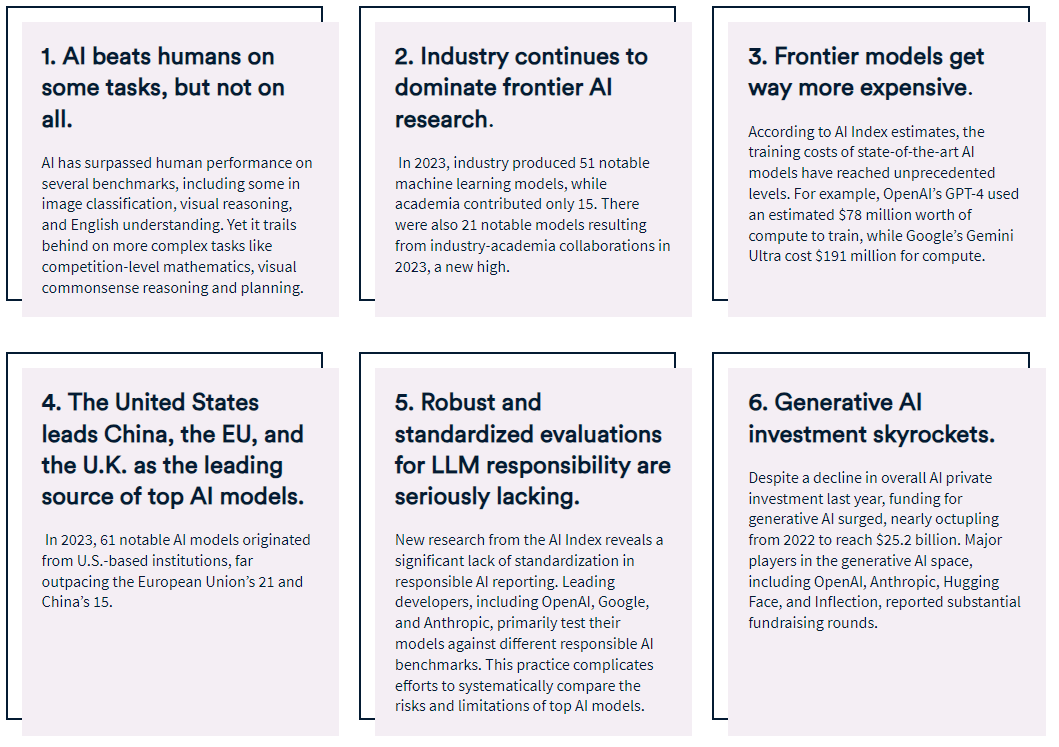Adobe AI Video Production Tools 🎥 Dalle Lets You Edit Images Now 🎨 The Middle East Continues to Invest in AI 💰
Your weekly AI wrap
The future of work is evolving. Adapt and excel with AI. Each Thursday, discover how AI is changing industries and what skills you need to stay relevant.
Adobe Unveils AI Video Editing in Premiere Pro
Adobe is embedding generative AI directly into Premiere Pro.
Unlike previous videoGen tools that often existed as standalone applications, these new features allow editors to extend clips, add or remove objects, and generate B-roll footage, all within Premiere Pro.
Adobe also highlights AI-powered audio editing advancements.
Why it matters:
Streamlined Editing: These AI tools will save video editors significant time and effort, simplifying complex tasks.
Creative Expansion: Generative AI features unlock new creative possibilities in video editing without requiring editors to leave Premiere Pro.
Audio Enhancements: Now generally available, new AI-powered audio features in Premiere Pro offer improved sound quality and intuitive workflows.
DALL·E Expands Your Canvas: New Outpainting Feature Unveiled
OpenAI’s DALL·E now has Outpainting, it allows users to extend images beyond their original borders. Using AI, Outpainting seamlessly blends new visual elements with the existing image's style, shadows, reflections, and textures.
Why it matters:
Creative Possibilities: Outpainting lets creators expand their stories and visions with boundless potential.
DALL·E's Evolution: This new feature is already in a number of other imageGen tools, AI feature sets are being commoditised and the differentiator is generally the underlying model.
📰 Dalle Outpainting press release
2024 AI Index Report Uncovers Rapid Progress and Pressing Challenges
The 2024 AI Index Report highlights AI's rapid evolution, surpassing human capabilities in some areas, and raising concerns about responsible deployment. Industry leads AI research, training costs soar, and generative AI investment skyrockets.
Why it matters:
The AI Index Report, a comprehensive and reliable resource for tracking AI's progress, offers valuable insights this year.
The report reveals that AI is not only getting smarter but also becoming more expensive to develop, with cutting-edge models requiring massive computational resources.
Baidu's Ernie Bot Reaches 200 Million Users
Baidu's Ernie Bot, a popular ChatGPT-like chatbot in China, has doubled its user base to 200 million. However, domestic rivals like Kimi are catching up quickly, highlighting the increasingly competitive Chinese AI market.
Why it matters:
China's AI Race: The rapid growth of Ernie Bot and its competitors underscores the intensifying AI battle within China.
Regulation: China's unique regulatory environment requires approval before launching AI services, shaping the market's development.
Global Comparison: The article notes Chinese AI services still trail behind those from the West, with ChatGPT dominating.
Microsoft and G42 Team Up: AI Expansion in UAE and the Middle East
Microsoft announces a strategic partnership with G42, a leading UAE-based AI company.
This includes a $1.5 billion investment in G42 by Microsoft, who will also join its board. This partnership will accelerate AI innovation in the UAE, the Middle East, Central Asia, and Africa.
Why it matters:
AI Acceleration: The partnership combines Microsoft's cloud and AI expertise with G42's AI solutions, encouraging the developing AI startup ecosystem.
Talent Development: A $1 billion fund will support the training and upskilling of developers in the UAE and the wider region, fostering an AI-ready workforce.
Cloud Expansion: Microsoft and G42 will expand cloud and AI infrastructure into new markets, driving digital transformation in emerging economies.
OpenAI Pushes Legal Boundaries, Transcribes YouTube Videos for GPT-4
A New York Times report reveals OpenAI transcribed over a million hours of YouTube videos to train its advanced GPT-4 language model.
This highlights the lengths AI companies are going to secure valuable training data, even when it means entering murky legal territory.
Why it matters:
Data Scarcity and Legal Ambiguity: The AI industry is facing a shortage of high-quality training data. OpenAI's actions underscore the desperation to find more data, pushing companies to test the limits of acceptable use and highlighting the ambiguity of AI copyright law.
Competition Ramp-up: The quest for AI dominance is fueling a race where companies might prioritise acquiring data over adhering to strict legal boundaries, potentially leading to legal challenges.
Alternatives: Synthetic data or 'curriculum learning', may be what’s used to train models in the future.
Industry-wide Practices: OpenAI is not alone. Google and Meta have also explored potentially questionable methods to expand their datasets, suggesting a wider trend in the industry.
VASA Brings Single Images to Life: Realistic Talking Faces Created by Microsoft AI
Microsoft's new VASA (Video-driven Audio-driven Symbolic Animators) system generates highly realistic talking faces from a single image and an audio clip. VASA goes beyond lip-syncing, capturing nuanced emotions, head movements, and even allowing control over gaze and emotional state in the output videos.
Why it matters:
Immersive Realism: VASA’s ability to generate expressive faces, synchronised with speech and emotion, could impact educational experiences to assistive communication technologies.
Efficiency: The system's real-time efficiency means potential for live, interactive applications.
Ethical Considerations: The timing of this research raises concerns about misuse, particularly for generating deepfakes and spreading misinformation, especially with elections on the horizon. VASA's release aligns with broader concerns around the potential dangers of highly realistic AI-generated media.
📝 Microsoft's VASA-1 research paper (examples inside)
VASA Brings Single Images to Life: Realistic Talking
Wayve, an autonomous driving technology company, has developed a new AI driving model called LINGO-2. This model can both drive a car and explain its actions in plain language. LINGO-2 can respond to instructions like "turn left" and explain why it slows down for pedestrians.
Why it matters:
Enhanced Understanding: LINGO-2 provides a deeper understanding of how AI driving models make decisions, potentially building trust in autonomous vehicles.
New Possibilities: This technology could lead to more natural interaction between humans and self-driving cars, and improve AI model training efficiency.
Spotify and Amazon Music Enhance Playlists with AI
Spotify and Amazon Music have introduced new AI-powered tools to create playlists. Spotify's AI Playlist creates 30-song playlists based on text prompts (e.g., "music to read to on a cold, rainy day"). Amazon Music's Maestro lets users build playlists using descriptive phrases, emojis, and more.
Why it matters:
Customisation: These tools make playlist creation faster and easier for users.
Music Discovery: AI features help users find new music matching their specific moods and tastes.
Potential Cost Implications: AI integration could contribute to future price increases for subscription services.








Another winning newsletter out this week. Always appreciate the info and current state of the information!!! Thank you again